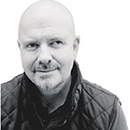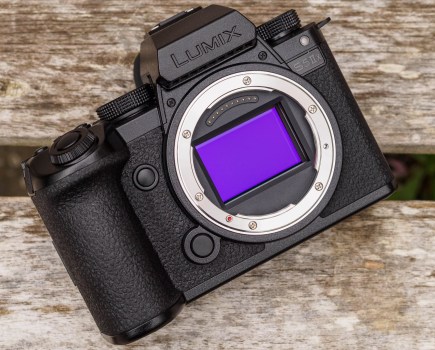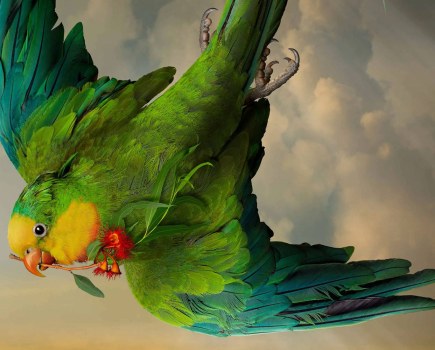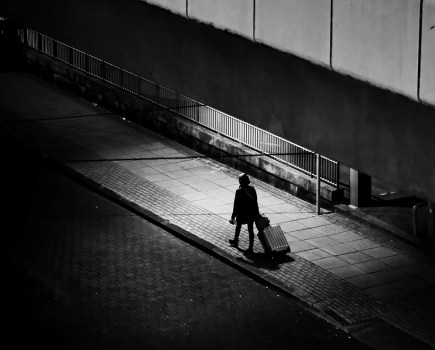The Nikon Photo Contest has been running since 1969 and there is still time to enter the Next Generation Category for photographers under the age of 25, as well as the Short Film Competition Open Category and the Short Film Competition Next Generation Category. We caught up with the previous winner of the Next Generation Award Single Photo Gold Prize, Sara De Antonio Feu (below), to find out more about her work and get some tips for entering photography competitions generally.
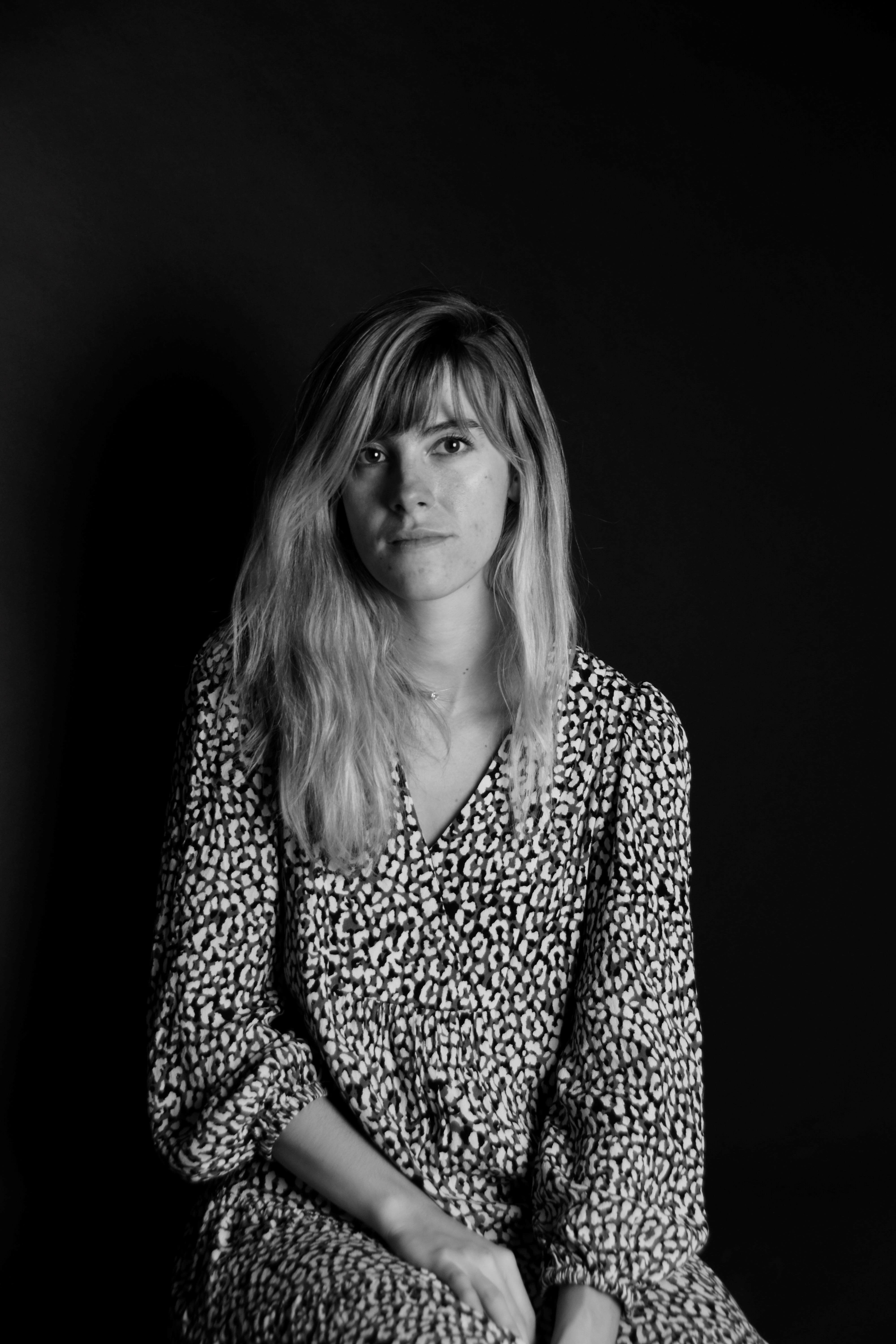
Why did you decide to enter the last Nikon Photo Contest – had you entered a big competition before?
I’ve participated in photo contests since I was 14 years old and started with digital photography. Entering was a challenge; I liked to see the topics and then think about the pictures I could take or review my archive for images that fit the particular theme.
This year I’m entering the Nikon Photo Contest again, with an image that’s very important to me. I encourage everyone to enter because you never know who will be looking at your picture and what feelings you will awaken in them.
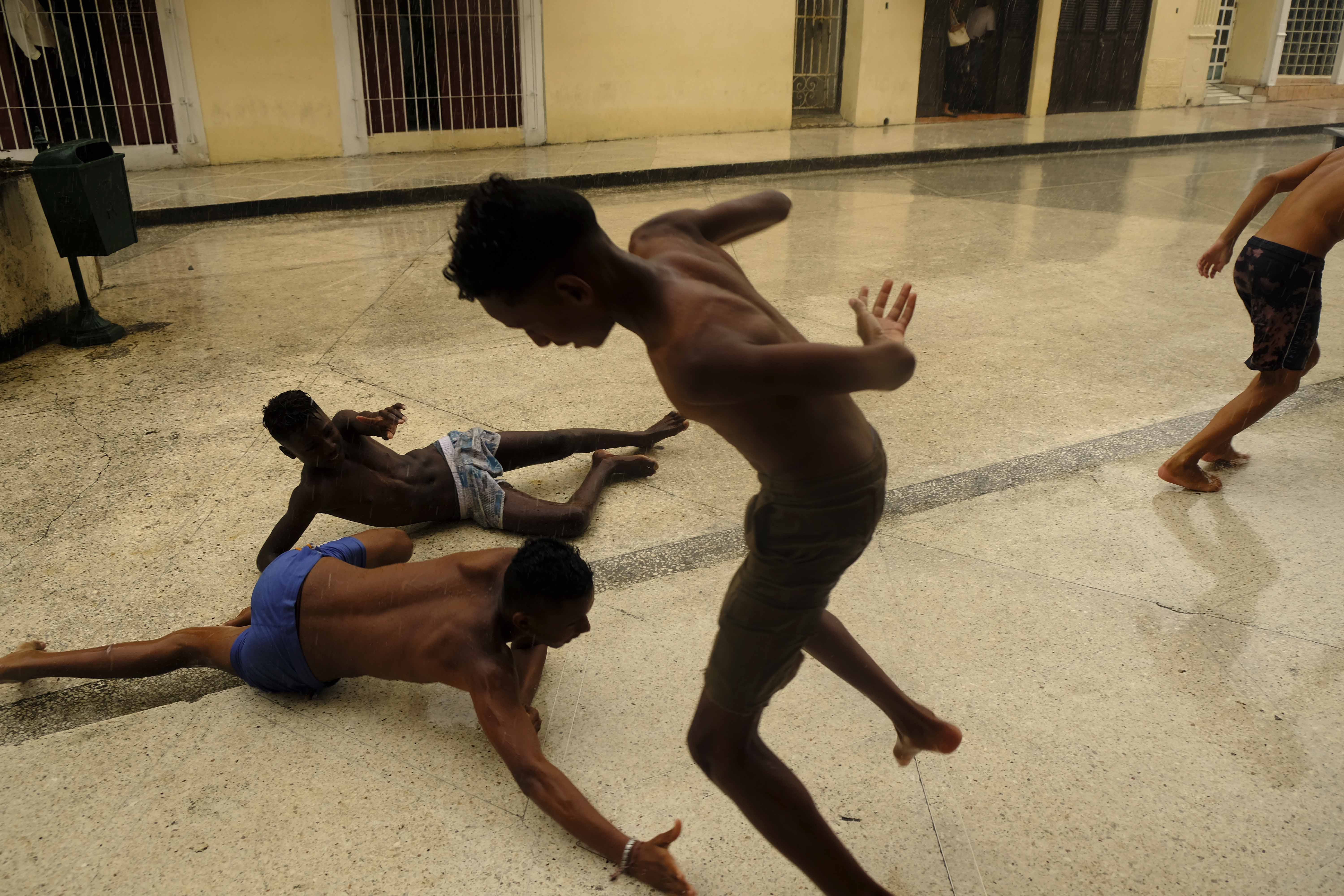
I’m so pleased to have had the opportunity to get to know the Nikon family and the photographers I met in Tokyo as part of the award ceremony. I have a common project with Sara Crochet, Short Film Award Gold Prize winner, and also a very good friendship with Jason Parnell-Brookes, Open Award Gold Prize winner.
Was it hard to decide which images to enter?
It came to me automatically. In Spain we call it “Pálpito” which roughly translates to a “hunch” in English, and I’ve always been guided by this. Sometimes I see a word or a topic and a picture instantly comes to mind. That’s exactly what happened to me with this picture and the competition’s theme of Identity.
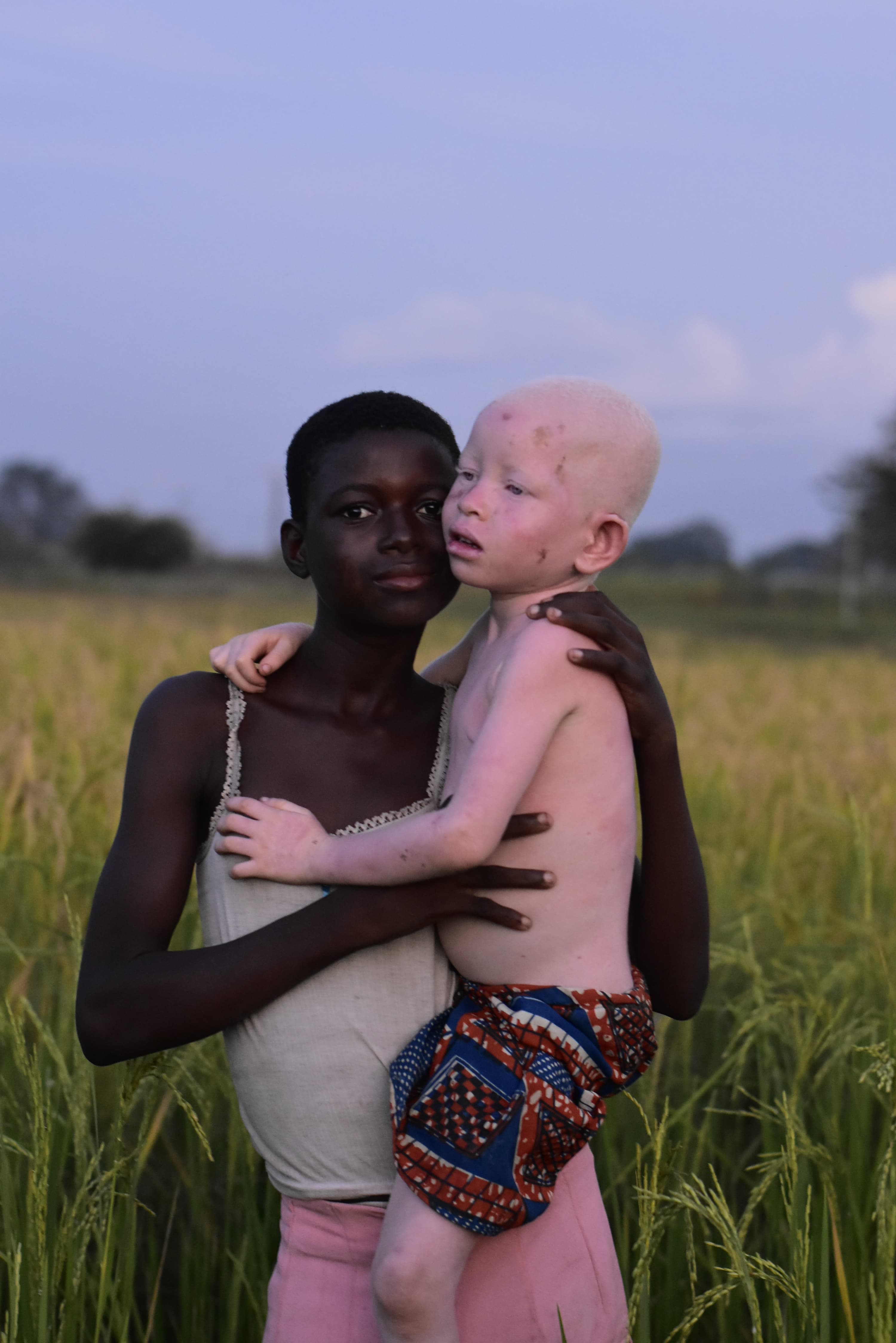
Can you tell us how you got the winning shot (above)?
I captured the shot while I was volunteering with an NGO called Future for Africa, in Northern Ghana. One afternoon, we were visiting Ayimpoka and her family and she was just recovering from Malaria. We were playing with them and trying to distract her a little and that afternoon I decided to ask if I could take a picture along with her sister.
Months later I went to Ghana again and I gave Ayimpoka and her family physical copies of the picture and some other family photos. The only printed pictures they had were from their youth, at important events like their wedding.
Months later, I couldn’t believe it when the image won the Gold Prize and then the Grand Prize in Tokyo. I don’t think Ayimpoka is aware of the impact her story and picture has had. With the prize, we are working with the NGO to help her family make the most of their skills in creating Ghanaian baskets and empowering them to create a local business. We really hope this will help them live a more independent way of life.

What advice do you have for other people thinking of entering this kind of competition and what is it about the Nikon Photo Contest that you think appeals to photographers?
Keep going and don’t be put off by rejection. In Spain we often say everything in life depends on “the eye who looks”. And this depends on the background of the person that is judging and also their mental state at that moment.
So, if you think you have the picture that really fits the topic of the contest and you trust in your picture, then present it! You never know how someone judging your image is going to react and, more importantly, if you don’t try, you’ll never win!
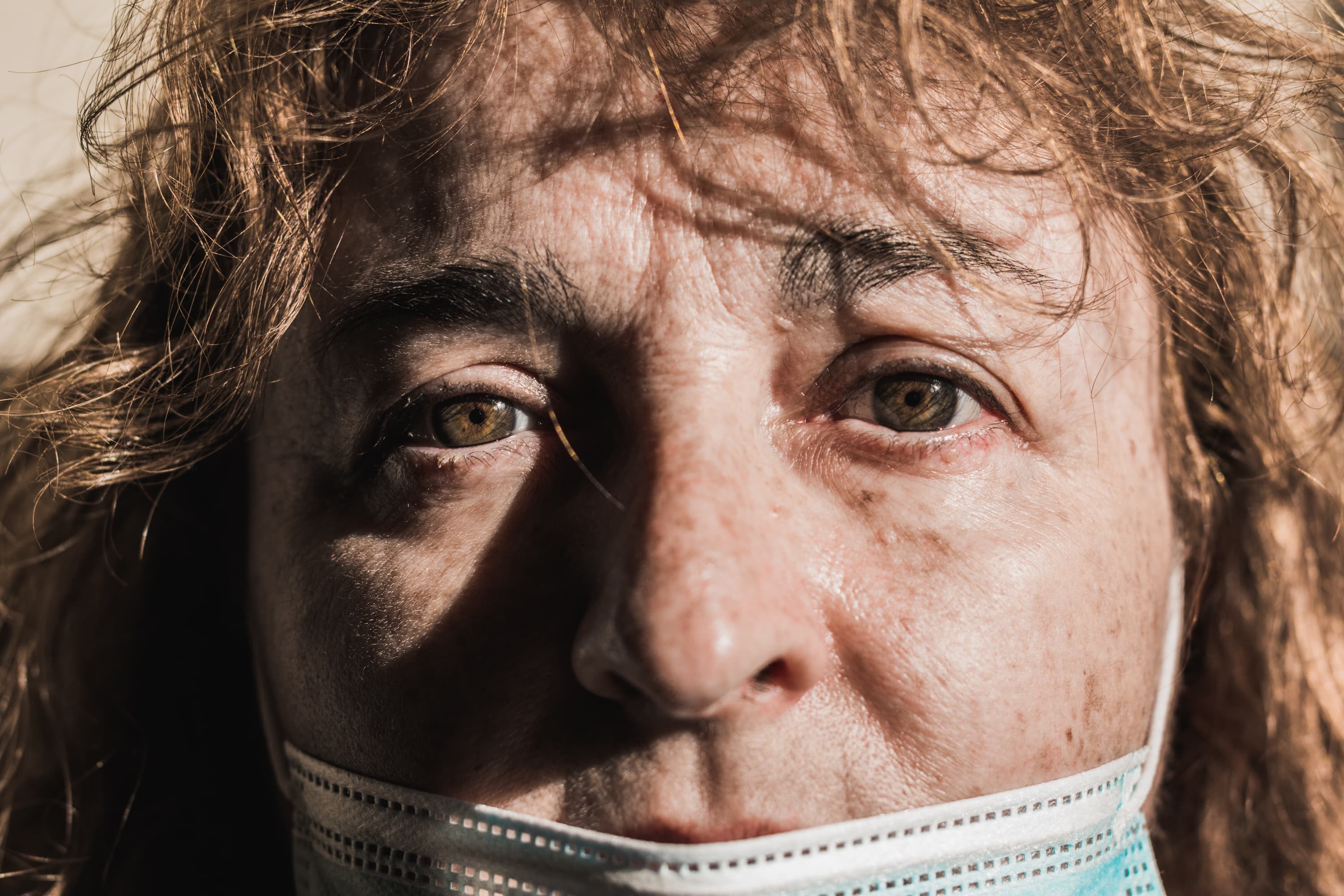
What projects are you currently working on?
I’m in a hectic and a very creative moment in my life. During the pandemic I started a documentary project on the clinic and the emergency department where I work in Madrid. Some of these images have already been exhibited across the city, including with Photoespaña and at the History Museum of Madrid. I also participated in an exhibition and a photobook at the PhotoArt Festival of Torrelavega.
In May, I started on a project called FACES with another photographer and emergency doctor called Dr. Graciela Marabé Carretero. We are putting together a photobook of portraits from our emergency department alongside their personal stories.
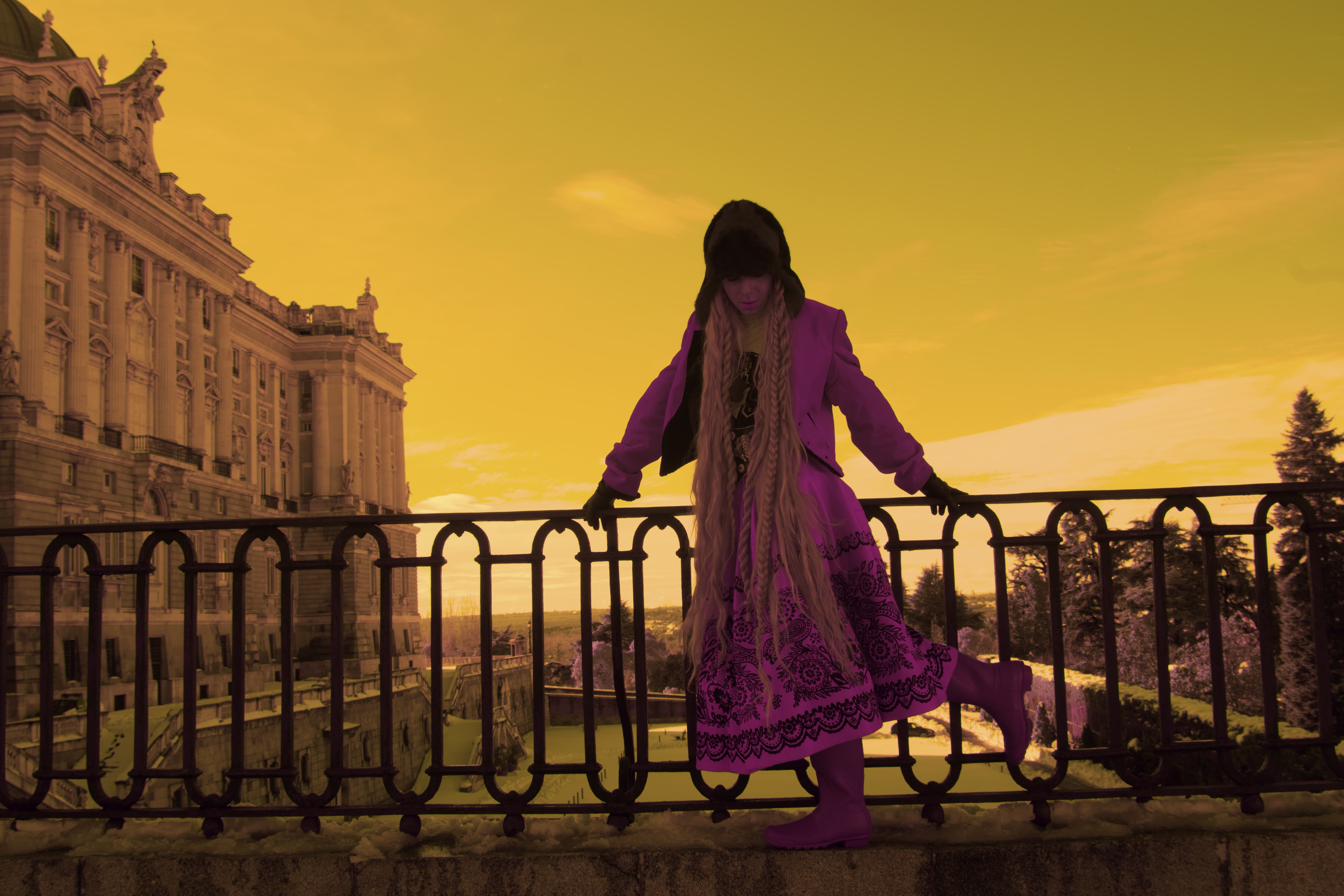
On top of all of this, I’m also working on two mixed photodocumentary and creative projects. One is called WONDERLAND, an infrared project about street artists that work on the weekends in Retiro Park, Madrid. I’m also working in a long-term project of nudes, but this is a much more personal project.


